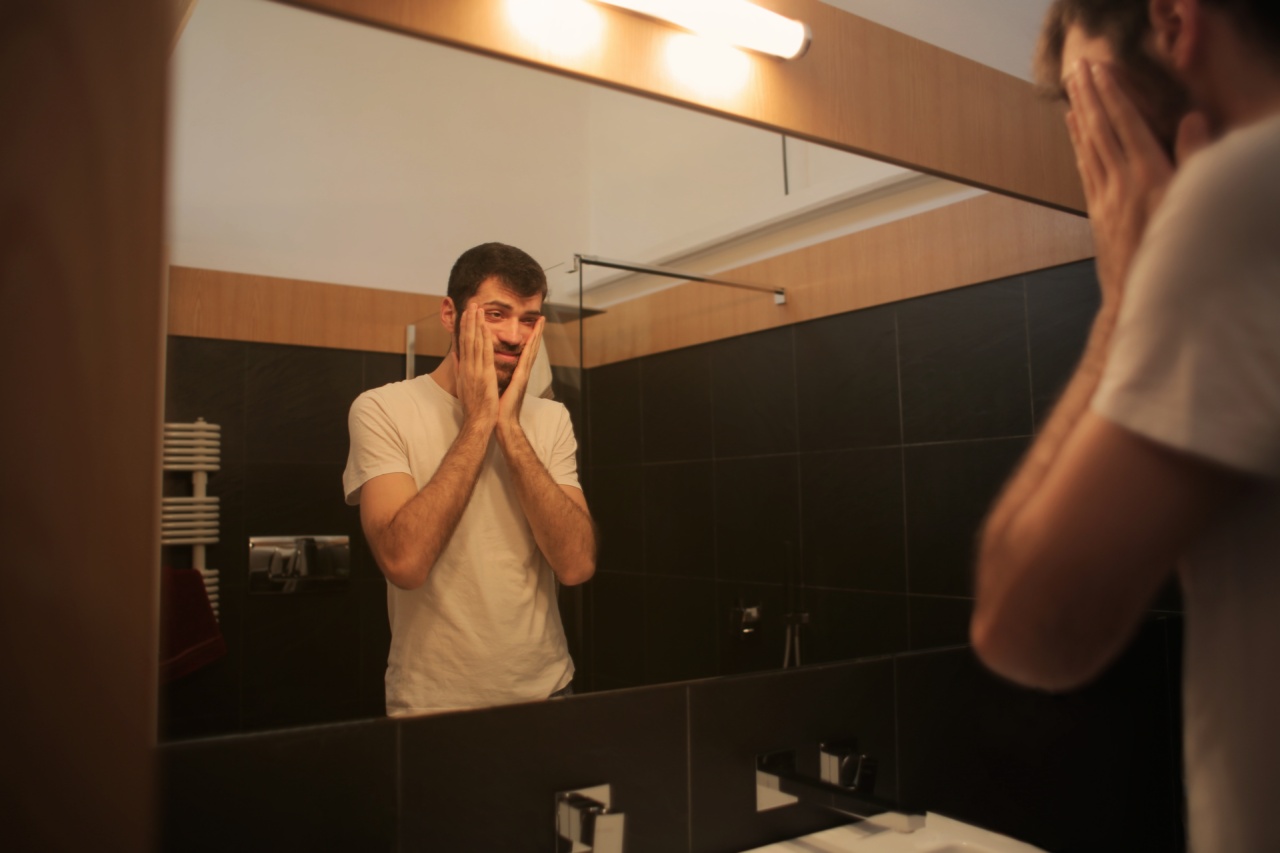Vitamin D is essential for the proper growth and development of the body, as well as for the maintenance of healthy bones and teeth. Unfortunately, research has shown that many people, particularly women, suffer from vitamin D deficiency.
In fact, according to some studies, as many as 70% of women may have low blood levels of vitamin D.
What is vitamin D?
Vitamin D is a fat-soluble vitamin that is naturally produced in the body when the skin is exposed to sunlight. It can also be obtained through certain foods, such as fatty fish and fortified milk.
Vitamin D is important for the absorption of calcium and phosphorous in the body, which are necessary for the growth and maintenance of strong bones and teeth. It also plays a role in maintaining a healthy immune system.
What causes vitamin D deficiency in women?
There are a number of reasons why women may be more likely to suffer from vitamin D deficiency than men. Some of these factors include:.
1. Lack of Sun Exposure
As mentioned earlier, the body naturally produces vitamin D when the skin is exposed to sunlight.
However, many women may not get enough sun exposure due to a variety of factors, such as working indoors, wearing clothing that covers the skin, and avoiding sun exposure due to concerns about skin cancer.
2. Skin Color
People with darker skin produce less vitamin D when exposed to sunlight compared to those with lighter skin. Therefore, women with darker skin may be more likely to experience vitamin D deficiency.
3. Age
As women age, their skin becomes less efficient at producing vitamin D in response to sunlight. In addition, their kidneys may also become less effective at converting vitamin D into a form that can be used by the body.
Therefore, older women may be more likely to suffer from vitamin D deficiency.
4. Pregnancy and Breastfeeding
Women who are pregnant or breastfeeding may require higher levels of vitamin D in order to support the growth and development of their babies. However, many women may not get enough of this nutrient due to dietary restrictions or other factors.
5. Poor Diet
While it is possible to obtain vitamin D through certain foods, many women may not consume enough of these foods on a regular basis.
This can be due to a variety of reasons, such as personal preference, dietary restrictions, or lack of access to fresh, healthy foods.
What are the health effects of vitamin D deficiency?
Vitamin D deficiency can have serious health effects, particularly on bone health. When the body doesn’t get enough vitamin D, it can’t absorb calcium effectively, which can lead to weakened bones and an increased risk of fractures.
Some studies have also linked vitamin D deficiency to an increased risk of other health conditions, such as heart disease, diabetes, and certain types of cancer.
How can women prevent vitamin D deficiency?
There are a number of steps that women can take to help prevent vitamin D deficiency, including:.
1. Get enough sun exposure
Try to spend some time outdoors each day, particularly during the winter months when the sun is less intense. However, be sure to protect your skin from sunburn and damage by wearing protective clothing and using sunscreen.
2. Take vitamin D supplements
If you are unable to get enough vitamin D through your diet or sun exposure, your healthcare provider may recommend taking a vitamin D supplement.
3. Eat vitamin D-rich foods
Include foods that are high in vitamin D in your diet, such as fatty fish, eggs, and fortified milk.
4. Exercise regularly
Regular physical activity has been shown to increase levels of vitamin D in the body.
Conclusion
Vitamin D deficiency is a common problem among women, but there are a number of steps that can be taken to help prevent it.
By getting enough sun exposure, taking vitamin D supplements, and eating vitamin D-rich foods, women can ensure that their bodies are getting the nutrients they need to stay healthy.






























